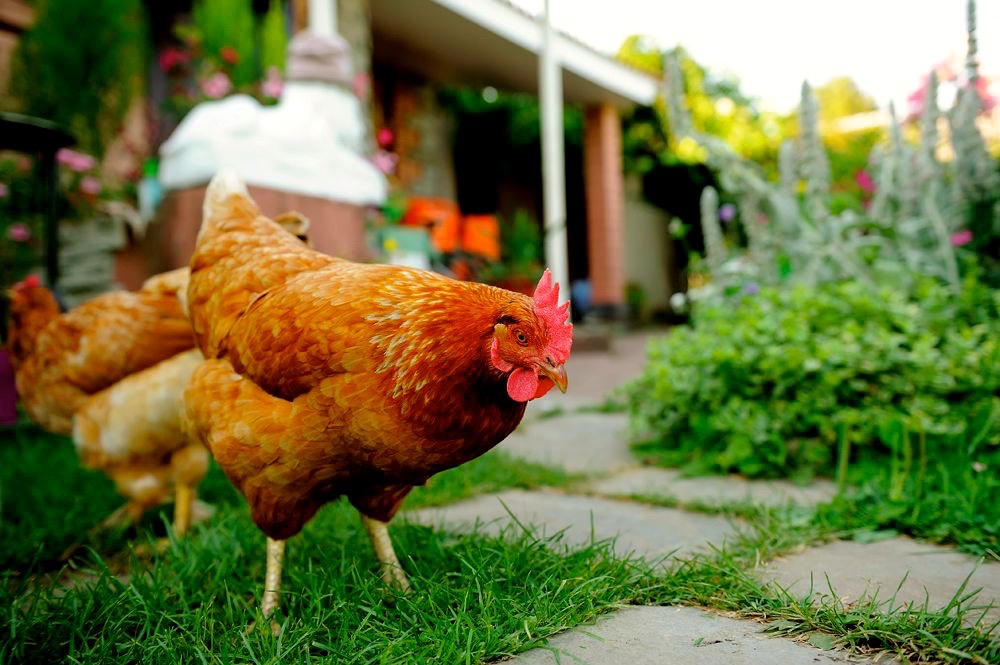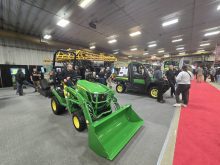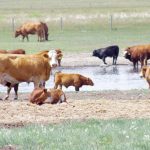Winnipeg city council trounced the notion of letting city folks keep hens in their backyard despite initial support, citing concerns over avian influenza.
“We’ve heard right now is not the right time,” said Mayor Brian Bowman, during the council’s meeting on April 28.
A proposed pilot project, which would have seen 20 flocks of four hens each allowed in Winnipeg for a two-year trial, was greenlit at the committee level on April 11. This, despite being warned by representatives of the Winnipeg Humane Society and other delegations that highly-infectious avian influenza was on the province’s doorstep.
Read Also

Manitoba sunflower plant gets local owners
Scoular’s sunflower and bird feed plant in Winkler, Man., bought by Orenda Commodity Services Ltd. out of Ste. Agathe.
Days later, after Manitoba had its first confirmed case of the H5N1 highly-pathogenic avian influenza, the city’s Executive Policy Committee walked that back.
Winnipeg veterinarian Dr. Jonas Watson told the committee that agencies in charge of limiting the disease’s spread were working overtime.
“It puzzles me a bit that we are actually considering bringing pet chickens for egg sources and companionships to backyards in Winnipeg during the most significant outbreak of highly-pathogenic avian influenza in modern history,” said Watson.
Watson is chair of the Winnipeg Humane Society, which spoke in opposition to the proposed pilot at the standing committee, executive policy committee, and council stages.
“Please do the right thing and do not push this forward,” he added.
He added that small, backyard flocks have a higher risk of coming in contact with wild birds, which can carry the disease whereas large chicken farms have strict biosecurity, and can keep the birds inside.
This echoes the concerns of Manitoba Chicken Producers, who told the Co-operator they were urging members to lock down biosecurity measures, but said backyard flocks were of greater concern.
Should a small flock become infected, “it effects all of us,” Jake Wiebe, chair of Manitoba Chicken Producers said, “because suddenly we’re in a risk zone.”
Manitoba Egg Farmers were also urging backyard and free-range flock owners to keep birds inside.
On April 20, the Executive Policy Committee voted to kick the can down the road, putting off the pilot project for a year—at which point the public service could update council on the state of avian influenza.
However, when it came to a full council vote on April 28, that proposal was defeated. Councillors voted 9-7 to neither go forward with the pilot, nor to postpone it for a year.
Councillor Jeff Browaty, who voted against the pilot, said he’d vote nay because it wasn’t necessary to set up an entire bureaucracy to police urban chicken-keeping. He told the council if people wanted to keep chickens, they were welcome to move to the country.


















